The Strategic goal of the Land Use Systems Group is to support policymakers in developing rational, science-based and realistic national, regional and global strategies for the production of food, feed, and bio-energy to achieve sustainability of land and water resources, safeguard food security while promoting rural development. |
|
| LUS News | |
Workshop on Sustainable Bioenergy Production in Austria |
|
|
|
Conference Bonn 2011: The Water, Energy and Food Security Nexus- Solutions for the Green Economy |
|
|
|
Günther Fischer, Adjunct Professor in the Department of Geography, University of Maryland |
|
|
|
Professor Laixiang Sun, Cover of China Scholars Abroad |
|
|
In the March 2011 issue of "China Scholars Abroad", Professor Laixiang Sun was the cover figure, for highlighting his significant contributions in development economics, comparative economics, and interdisciplinary systems analysis. Professor Sun is the first Chinese Scholar winning the title of Academician of the Academy of Social Science in the UK in 2010. For more details, please see http://people.chisa.edu.cn/."
|
|
"Heiliges Wasser - Hochwasser - Niederig Wasser and Giftwasser" Symposium at the Austrian Academy of Sciences in Vienna |
|
|
At the occasion of a Symposium on "Heiliges Wasser - Hochwasser - Niederig Wasser and Giftwasser" , held at the Austrian Academy of Sciences in Vienna, Günther Fischer gave a keynote speech entitled "Will there be sufficient water for the production of food". Fischer elaborated on the fact that for an estimated world population of nine billion in 2050, agricultural production has to increase by about 70 percent globally compared to production in 2000. Food provision in developing countries needs to be doubled in a context of climate change, regional land and water scarcities, growing competition by non-food uses, and increasing environmental impacts of agriculture. About one-fifth of cultivated land is irrigated, agricultural withdrawals amount to 70 percent of total anthropogenic water use, and irrigated crops contribute some 40 percent of the world’s total production. This makes irrigated agriculture a sector of critical social importance, of massive environmental impacts, and vulnerable to competition for land and water resources.Further global warming in the coming decades will be unavoidable and the consequences of climate change will aggravate the situation. In closing, Fischer emphasized that achieving sustainable food and water security can only be realized within the overall framework of poverty eradication.
|
|
Common criteria for the redefinition of Intermediate Less Favoured Areas in the European Union |
|
|
|
Rising Global Interest in Farmland - Can it Yield Sustainable and Equitable Benefits? |
|
|
The World Bank Report entitled “Rising Global Interest in Farmland- Can it Yield Sustainable and Equitable Benefits” was released on Sept. 7, 2010. A chief goal of the World Bank is to help countries reduce poverty and hunger by increasing agricultural productivity. The Report provides information and analysis, to help countries build their institutional and regulatory capacity. It emphasizes more and better investment in agriculture so that the rising global interest in farmland contributes to results that are sustainable and equitable. Members of the core team, Guenther Fisher and Mahendra Shah of the LUC program, applied the global agro-ecological zoning (GAEZ) modeling framework to assess crop production potentials and yield gaps for major agricultural commodities and related crop performance quantifications to a number of socio-economic indicators.
|
|
Workshop on Land Use Planning focusing on Agriculture |
|
IIASA, TIFAC and the MSE hosted a capacity building workshop on Land Use Planning with a focus on Agriculture, in Chennai, India on April 15-16. IIASA staff held lectures on an integrated modeling framework for ecological-economic analysis of food and agriculture development, the FAO-IIASA AEZ system for spatial analysis of food, feed and energy crop land use options, and examples of spatially detailed assessments of national strategies for agricultural development. link to lectures L1, L2, L3, L4.
|
|
Roundtable on Responsible Agricultural Investment (RAI) presented by the U.S, Japan and the African Union |
|
Mahendra Shah attended a Roundtable discussion on responsible agricultural investment (RAI) on April 25, 2010 in Washington, D.C. The event was hosted by the government of the United States, the government of Japan, and the African Union Commission together with the Food and Agriculture Organization (FAO), the International Fund for Agricultural Development (IFAD), the UN Conference on Trade and Development (UNCTAD), and the World Bank. The purpose was to discuss proposed principles for RAI developed by FAO, IFAD, UNCTAD and the World Bank. Attached is a statement by Mahendra Shah in the Roundtable discussions.
|
|
Gulf Cooperation Council food security: balancing the equation |
|
The Article Gulf Cooperation Council food security: balancing the equation by Mahendra Shah was published online on April 25, 2010 by Nature.com. The countries of the Gulf Cooperation Council (GCC) with a total population of ~40 million, of whom 40% are foreign workers, are endowed with oil and gas reserves estimated at some USD 35 trillion This puts the region's nationals among the world's richest peoples in terms of per capita wealth. However, although the region's economic and energy security are assured, the GCC countries are the world's most water insecure and food deficient, importing 60–90% of their food requirements. The article points out the utility and relevance of IIASA's global database for assessment policy options for food security and sustainable agricultural development more.
|
|
A Road Map for Biofuels in Europe |
|
The latest special issue Volume 34 Issue 2 of Biomass and Bioenergy reports on detailed integrated analysis carried out in the REFUEL project, which has produced an EU road map for biofuels in transport. Researchers from IIASA’s LUC Program provided quantitative analysis of land-use dynamics, avoiding competition with food production, nature conservation and other key ecological constraints. This research on Europe’s biofuel production potentials includes land productivity potentials for biofuel feedstocks and land use scenarios. Key conclusions are that Europe will be able to produce domestically the envisaged 10% target when productivity increases on existing cultivated land can be realized in Eastern Europe. The development of second-generation biofuels is essential for a sustainable long-term future of biofuels.
|
|
Responsible for this page:
Elisabeth Kawczynski
Last updated:
28 Nov 2011
![]()

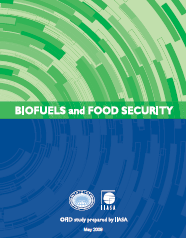
 The
The 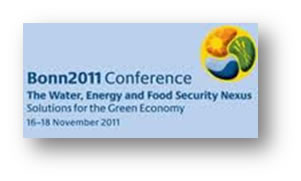 Günther Fischer attended the Conference Bonn2011: The Water, Energy and Food Security Nexus -- Solutions for the Green Economy. the conference took place in Bonn from 16 to 18 November 2011. It offered a platform for discussing and formulating concrete initiatives and strengthened intersectoral coordination and policy making. It also provided inputs to the preparations for the UN Conference on Sustainable Development 2012 in Rio de Janeiro (Rio2012).
Günther Fischer attended the Conference Bonn2011: The Water, Energy and Food Security Nexus -- Solutions for the Green Economy. the conference took place in Bonn from 16 to 18 November 2011. It offered a platform for discussing and formulating concrete initiatives and strengthened intersectoral coordination and policy making. It also provided inputs to the preparations for the UN Conference on Sustainable Development 2012 in Rio de Janeiro (Rio2012).  Günther Fischer, a renowned IIASA scientist and Leader of the former Land Use Change and Agriculture Program has been appointed as an Adjunct Professor in the Department of Geography, University of Maryland (UMD), USA. The UMD Geography was ranked 3rd in the 2010 National Research Council Rankings of the USA. Professor Fischer will undertake collaborative research, write joint papers, develop joint proposals, and give invited lectures at UMD. He will link the major research works of IIASA’s former Land Use Change and Agriculture Program with the activities of the Department of Geography of the University of Maryland.
Günther Fischer, a renowned IIASA scientist and Leader of the former Land Use Change and Agriculture Program has been appointed as an Adjunct Professor in the Department of Geography, University of Maryland (UMD), USA. The UMD Geography was ranked 3rd in the 2010 National Research Council Rankings of the USA. Professor Fischer will undertake collaborative research, write joint papers, develop joint proposals, and give invited lectures at UMD. He will link the major research works of IIASA’s former Land Use Change and Agriculture Program with the activities of the Department of Geography of the University of Maryland.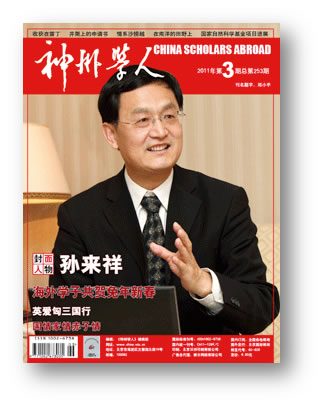
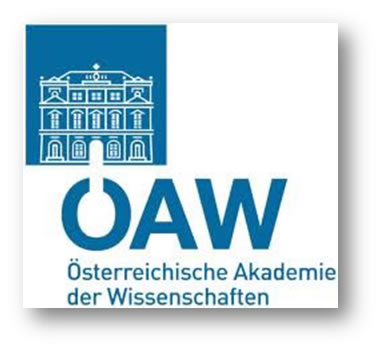
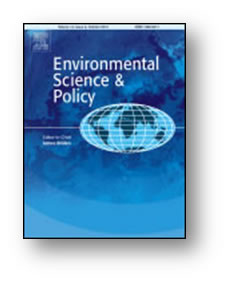
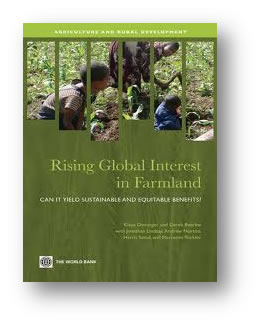


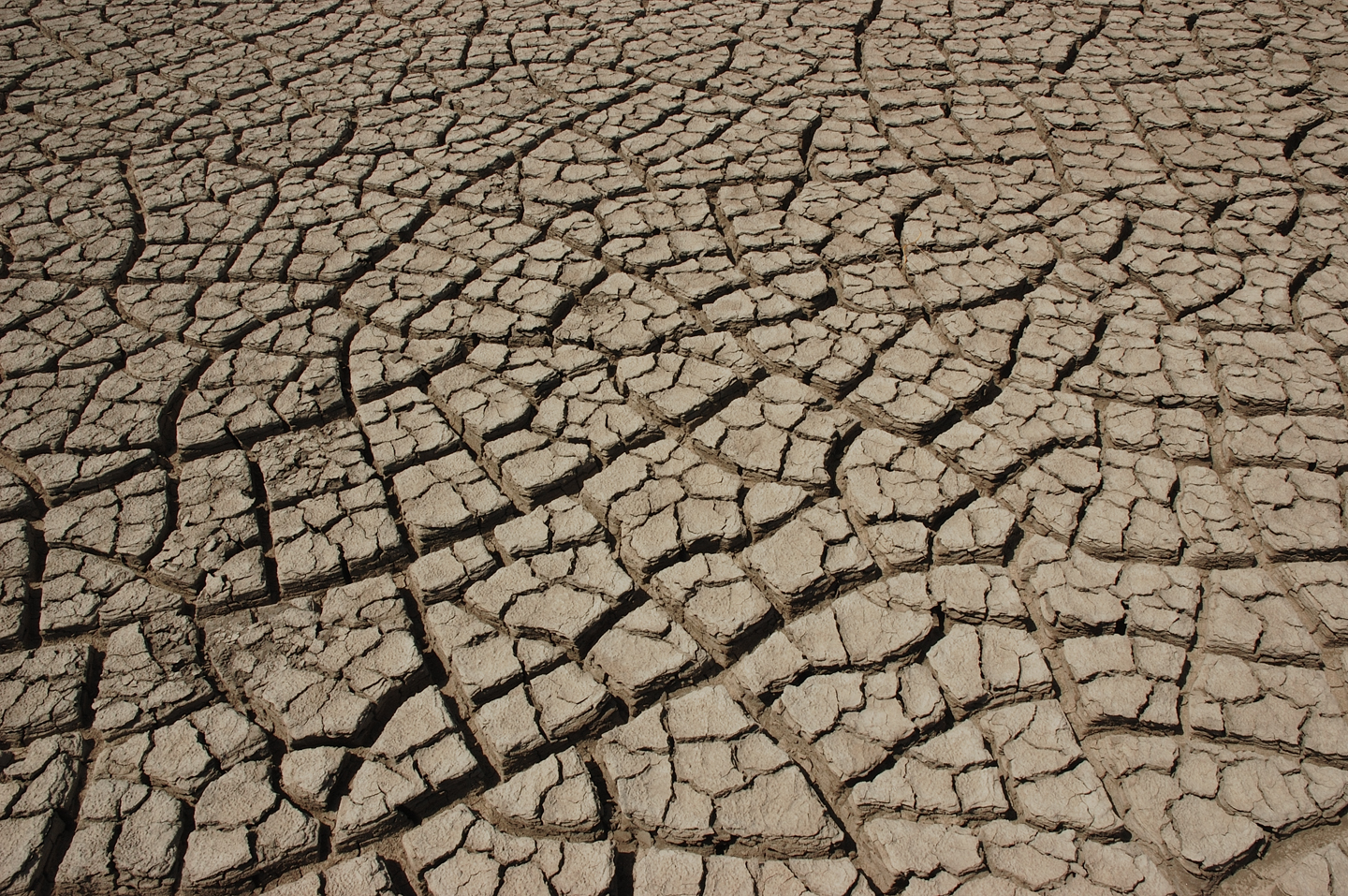

 Schlossplatz 1
Schlossplatz 1